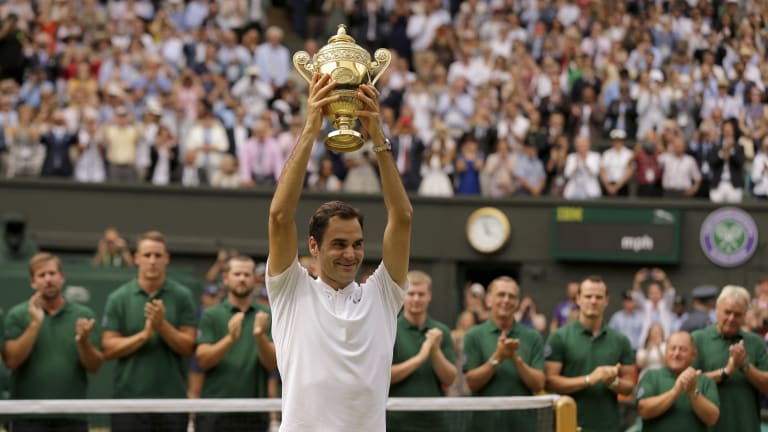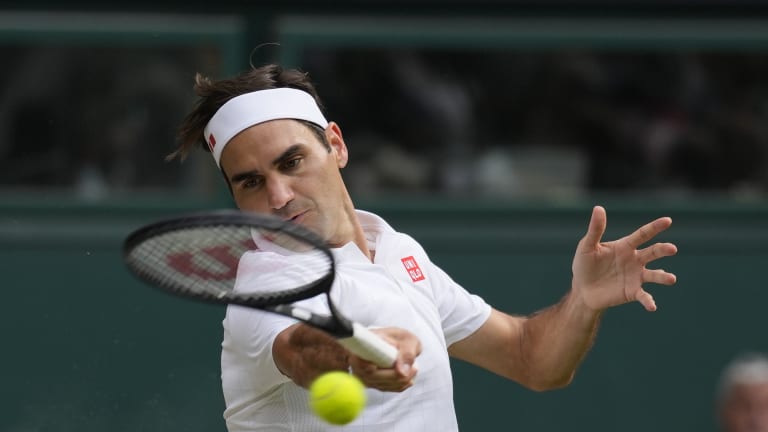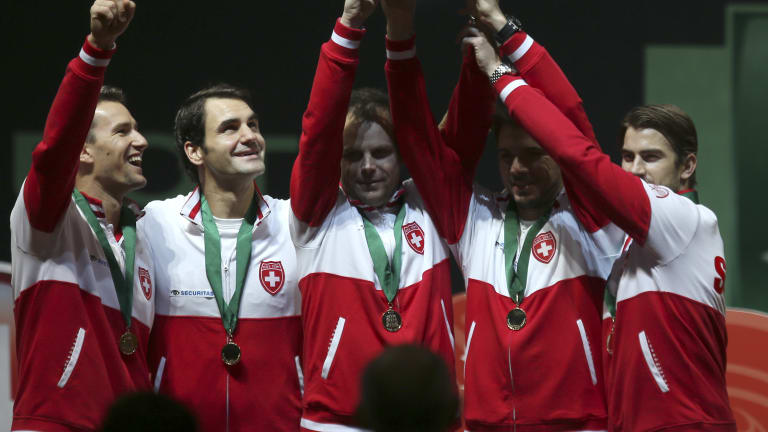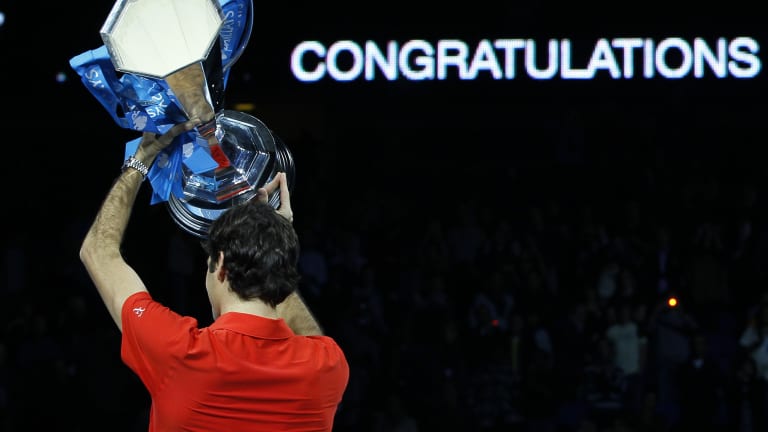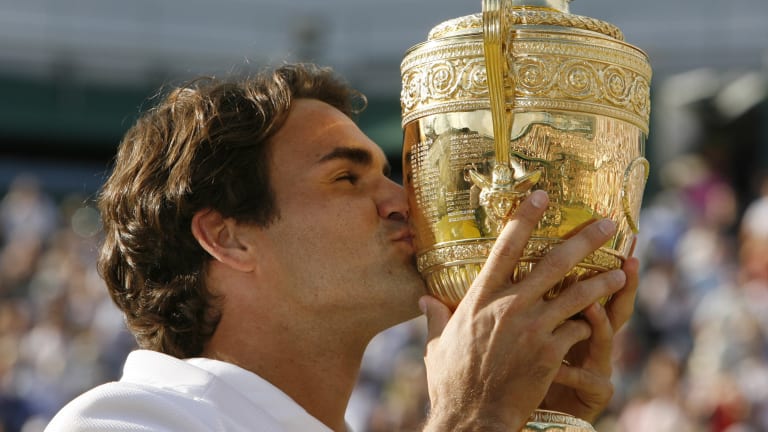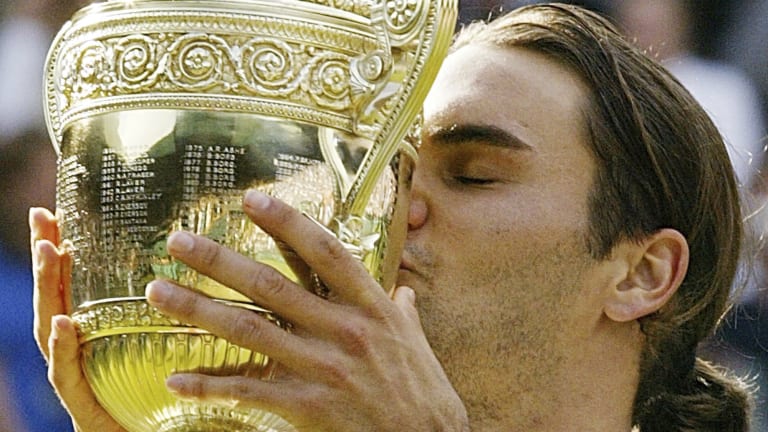Roger Federer never let 'em see him sweat.
He played tennis with a style that only rarely betrayed the effort behind the masterful serving, the rare-in-its-day attacking and the flawless footwork. He was not one to grunt loudly on shots or celebrate wildly after them.
The way he wielded a racket helped him to win, yes, and win a lot, to the tune of
20 Grand Slam championships — a half-dozen more than any man before him — across a 15-year stretch, and 103 tournament titles in all, plus a Davis Cup trophy and Olympic medals for Switzerland, and spend week after week at No. 1 in the rankings. It also helped him manage to avoid serious injuries for so long and achieve the consistent excellence over decades he prized.
"Every time people write me off, or try to write me off, I'm able to bounce back," Federer once said in an interview with The Associated Press. On Thursday, at a little more than a month past his 41st birthday and after a series of knee operations, he
announced that there would be no more comebacks.
It is a loss for tennis, to be sure, and a loss for the sports world. The news arrives less than two weeks after
Serena Williams, who owns 23 Grand Slam singles titles, played what she indicated would be the last match of her own illustrious career shortly before she turns 41.
